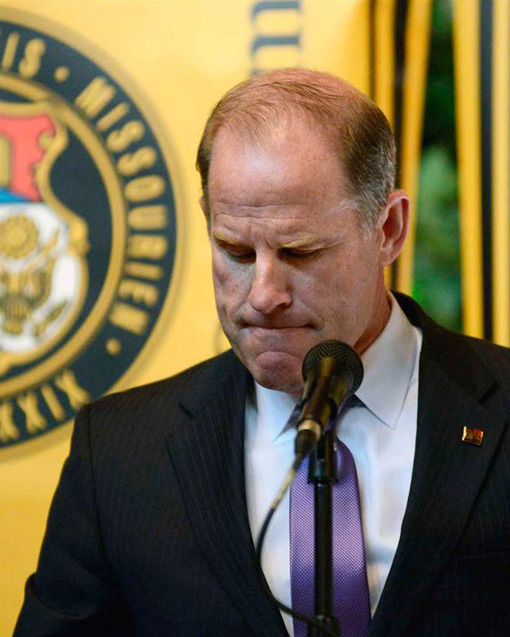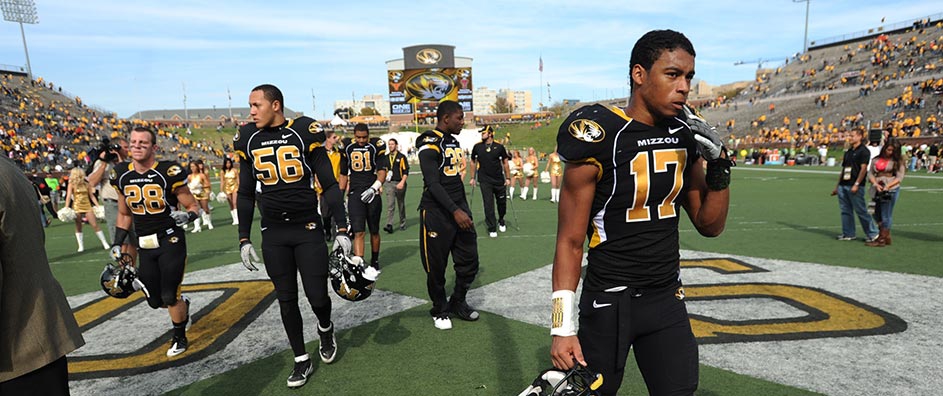The views expressed in our content reflect individual perspectives and do not represent the authoritative views of the Baha'i Faith.
We must banish prejudice. Religious, patriotic, racial prejudices must disappear, for they are the destroyers of human society. We must become the cause of the unity of the human race. – Abdu’l-Baha, Divine Philosophy, p. 25.
When I worked at UCLA, one of the most prestigious public universities in the United States, we released, as the law required, the salaries of our top wage-earners every year. You might think the Chancellor or the Provost—the two executives who lead the entire school and its tens of thousands of employees, faculty and students—would get the highest salaries.
Nope—the football coach’s compensation exceeded theirs, by a mile. The Chancellor made a very comfortable six-figure salary, sure, but the football coach made somewhere in the neighborhood of $3 million a year, with huge bonuses on top of that if he delivered a winning season or a national championship.
I always thought that stark monetary comparison aptly demonstrated the real priorities of many universities. Yes, they’re our institutions of higher learning, exalted temples of knowledge where incredible research discoveries and intellectual progress take place, but the real fiduciary rewards, it turns out, come from coaching unpaid athletes to perform well on national television every Saturday.

Tim Wolfe the President of University of Missouri announcing resignation
This reality made itself abundantly clear at the University of Missouri recently, when a wave of student and faculty protests over racism culminated in the football team’s refusal to play. The entire team said they would not take the field until the president of the University resigned. Protests over many racist incidents at the university have happened for months; a graduate student there went on a hunger strike; the student government demanded the president’s ouster, and many faculty members cancelled their classes to teach seminars on racial prejudice instead—but the football team’s unified action made the real difference.
Perhaps the university president’s resignation, and the Chancellor’s subsequent announcement that he too would step down, had something to do with the $1 million the University of Missouri would have lost by forfeiting their upcoming game. But it also had something to do with the principle of unity. Allow me to explain.
In my experience, athletes often harbor less racism than people in the general population. Most athletes simply can’t afford to carry around the heavy weight of racial prejudice, since they’re usually working so closely with people from every racial background. Instead, they must work as a team to reach their goals. They need to see beyond skin color, bond together as a unit, and develop strong, mutually supportive relationships. They have to trust one another. They have to see and treat each person as an individual, develop mutual respect, and then forge the close, cooperative bonds of unity a cohesive team requires.
In the case of the University of Missouri football strike, the team’s 60 African American players first decided not to play, in support of the protestors who felt the university had not adequately addressed their concerns. A day later, the rest of the football team’s 124 players joined in. The white players and their coaches, to their credit, decided to lend their support to the campus protests, recognized the lack of attention to the crucial human rights issue of racism, and compelled the university to take serious action. They all risked their positions on the team, their scholarships and their educations—but they decided to support the call for an end to racism on campus.
Every player on that team declared their solidarity and unity with those opposed to racism and inequality. They stood up together, as one, insisting that the university had to take the issue seriously—and it did.
Don’t get me wrong—I’m not saying that the resignation of a university president will solve the problem. It will not. But it will help convince the university, and its Board of Curators, and the state government, and the nation, and the world, that these crucial issues need immediate attention, and cannot be ignored.
I’ll admit it—I don’t even like football. It has always struck me as a violent, pointless game. Those who play it at the college level ultimately fight, without pay and while risking grievous injury, for the advancement of a multi-billion dollar sports machine. But today, I feel a sense of pride and admiration for one football team—the University of Missouri’s—and every player and coach on that team who took a brave stand to do what they could to eradicate the disease of racism from our midst:
All prejudices are against the will and plan of God. Consider, for instance, racial distinction and enmity. All humanity are the children of God; they belong to the same family, to the same original race. There can be no multiplicity of races… This signifies that racial assumption and distinction are nothing but superstition. …God did not make these divisions. These distinctions have had their origin in man himself. Therefore, as they are against the plan and purpose of reality, they are false and imaginary. – Abdu’l-Baha, The Promulgation of Universal Peace, p. 299.
















Comments
Sign in or create an account
Continue with Googleor